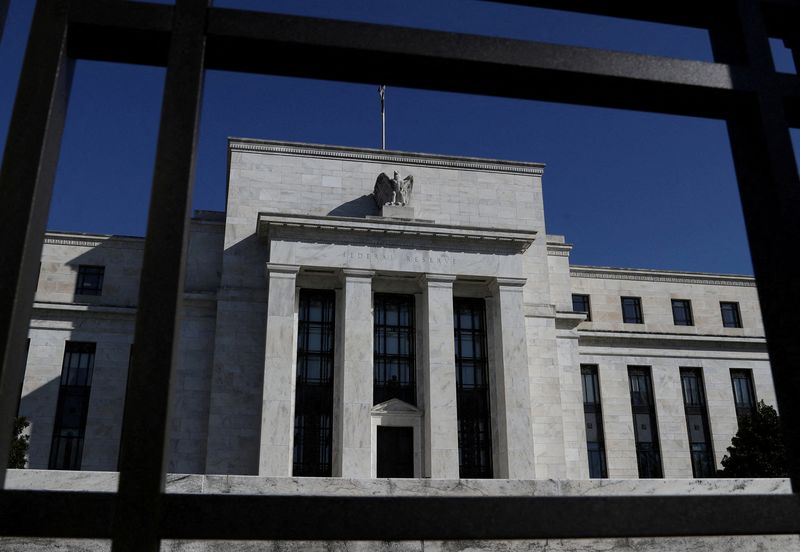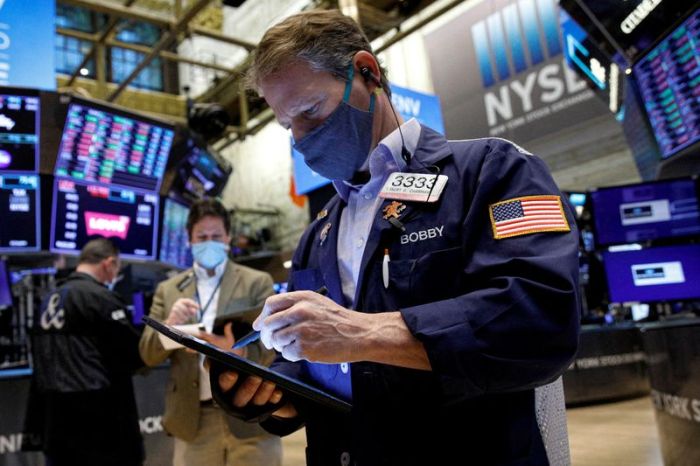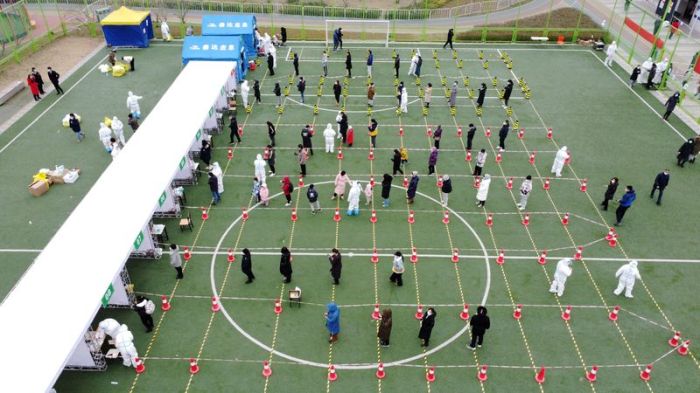WASHINGTON (Reuters) – Federal Reserve Governor Lael Brainard, in a hearing for her nomination to become the U.S. central bank’s vice chair, pledged on Thursday to help bring inflation under control and deflected Republican senators’ concerns that she would use the position to sway national climate change policies.
In a hint that her nomination may be a proxy for a larger partisan debate about the Fed’s direction, Brainard was quizzed by Republican Senator Pat Toomey on whether her support for more climate research and analysis at the central bank was “a precursor to direct capital away from” carbon-intensive industries.
“I have not suggested we do stress tests for climate,” Brainard responded. “We would not tell banks which sectors to lend to or not lend to. But we do want to make sure they are measuring, monitoring, their material risks.”
Brainard’s comments on climate were similar to those delivered by Fed Chair Jerome Powell at his own nomination hearing before the Senate Banking Committee on Tuesday. But the questioning by Toomey and other Republicans reflected deeper concern that upcoming Biden administration appointments may steer the Fed in a more aggressive direction that makes credit more expensive for legacy oil and gas companies or carbon resource exploration.
Only four of the Fed board’s seven seats are filled right now, and eventual Biden appointments could advance what he and his supporters feel should be a bigger Fed role on climate issues and a tougher hand with Wall Street.
White House spokesperson Jen Psaki has repeatedly promised that news on the next Fed nominations would come “soon,” but it remains unclear when exactly the announcements will be made.
Biden, a Democrat, is considering nominating former Fed Governor Sarah Bloom Raskin as the central bank’s vice chair for supervision and regulation, for example, and Toomey noted her opposition, outlined in a 2020 New York Times article, to oil and gas firms’ participation in the Fed’s pandemic-related rescue lending.
“I have not studied her positions,” Brainard said. “I can speak to what we do in our supervisory guidance. It is pretty meat and potatoes.” As Republicans, several from oil and gas producing states, extended the line of questioning, Brainard insisted near the end of the hearing “we don’t do environmental policy at the Federal Reserve.”
INFLATION FIGHT PARAMOUNT
On monetary policy, Brainard stuck to what is now a unanimous Fed consensus that interest rates will need to move higher this year, a move she said could be made “as soon as” the Fed halts a separate asset purchase program in March.
Lawmakers from both parties are concerned about the fast pace of price increases, and a number of Fed officials have pointed to March as the possible time for “liftoff” from the near-zero policy interest rate in place since the start of the pandemic in March of 2020.
In her opening remarks to the Senate panel, Brainard said that controlling inflation that has spiked to nearly a 40-year high is the “most important task” facing the Fed right now – comments that echoed those of Powell earlier in the week.
But unlike the session with Powell, which included statements of support from Democrats and Republicans, no Republican senators pledged to vote for Brainard, a Democrat who was first appointed to the Fed in 2014 by then-President Barack Obama.
She was confirmed at that time by a 61-31 Senate vote. To become vice chair she would need confirmation by a majority of the Senate. While Democrats exercise narrow control over the chamber, some of Biden’s top priorities have been stalled by Democratic opposition, perhaps most notably from Senator Joe Manchin of West Virginia, a coal producing state where climate change policies are also controversial.
Brainard could remain a Fed governor regardless of whether she becomes vice chair.
As a governor she has been a frequent dissenting vote against steps taken during former President Donald Trump’s administration and under Powell to loosen oversight of the largest banks; called for the Fed to require financial firms to set aside more capital; and worried that Fed officials were behind European central bankers in understanding how climate change might effect the macroeconomy and financial system.
As Republicans tried to paint her as a potential partisan, Brainard, a PhD economist and veteran Washington policymaker, said she would hew to the traditional role of vice chair as someone who “supports the chair and achieves consensus” particularly over monetary policy.
In contrast to the Republican questioning, the Democratic chairman of the committee, Senator Sherrod Brown, opened the hearing with a glowing endorsement, calling Brainard a “steady hand” helping lead the Fed during the coronavirus pandemic, and “someone who understands that workers, not corporations, not Wall Street,” were at the heart of the U.S. economy.
(Reporting by Howard Schneider; Additional reporting by Andrea Shalal; Editing by Paul Simao)





















